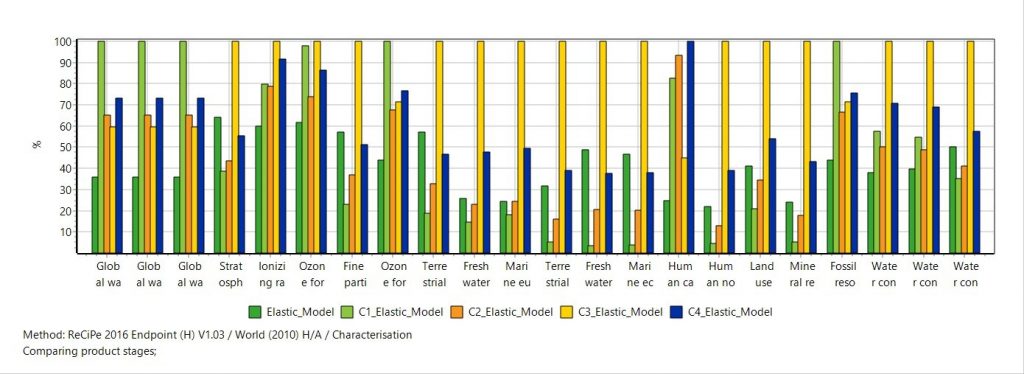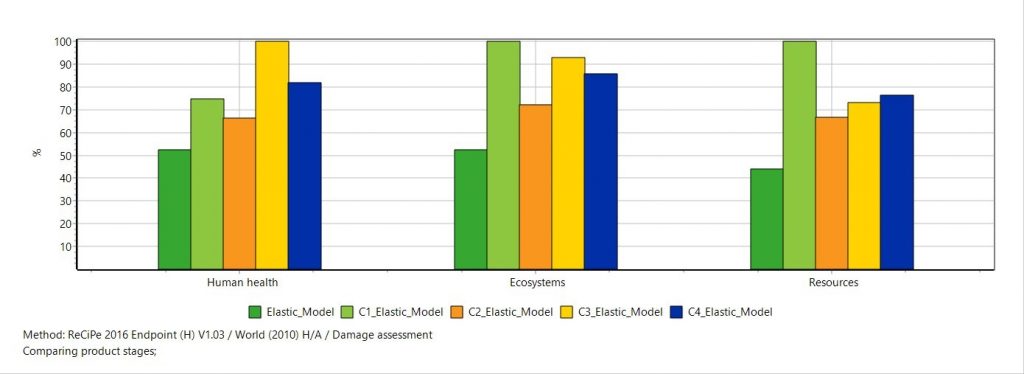- Date
- 21st July 2020
- Categories
By Dr Jaqi Lee, S2A Associates, Sustainability Systems Analysis.
The Modern Energy Cooking Services programme (MECS) has been set up to increase the uptake of modern energy cooking, predominately within Sub Saharan Africa (SSA). Modern energy cooking has significant potential to improve the quality of life through improved air quality in the home, thus reducing the prevalence of chronic lung disease, and to free up time traditionally spent collecting firewood and cooking for other activities. A shift to clean cooking options is generally understood to mean moving away from charcoal and firewood, towards LPG and electricity.
There are, of course, many and varied reasons that will affect the success of such a shift in cooking patterns, not least the typical food cooked, cost, local traditions and behaviours and a secure and affordable supply of the alternative cooking mechanism.
Clean cooking focuses attention on many of the sustainable development goals, but particularly, Good health and well-being (3), Affordable and clean energy (7), Climate action (13) and Life on land (15). To that end, understanding the environmental implications of shifting to modern energy cooking systems is important. Achieving a solution that improves all the goals is the current challenge and one which has been made sharper by the Covid-19 pandemic [1].
So how can an environmental assessment of clean cooking help the transition?
Firstly, it can provide designers with practical guidelines about how to design cooking devices so they can be reused, re-purposed, or recycled as appropriate, and provide information on material choices. This type of information has greatest impact for local skills and waste management plans. Take back systems to recapture ‘value’ in the products, skills to separate the useful parts that can be re-purposed or reused, developing local manufacturing skills base. Initial scoping LCA’s of electric pressure cookers (EPC) suggest that aluminium could contribute to higher impact during manufacture, so steel might be a better option for electric pressure cookers. This in turn suggests that improving scrap steel, collection and re-smelting could be a beneficial action to consider, particularly if local production is planned.
But what about the fuels? Looking at the consumption of fuels needed to provide cooking services, the efficiency of the cooking devices is the most important feature. This is not a new finding, indeed, for any energy using product, improved efficiency will make the single biggest improvement in environmental impact. But there are also local and regional aspects to this to be considered. A scoping cradle to end of use stage LCA study in Kenya compares a number of cooking option for an urban environment;
- Base case: cooking 100% with grid electricity,
- Comparison 1: 100% with LPG,
- Comparison 2: 50% grid and 50% LPG,
- Comparison 3: 50% grid with battery backup (a so-called weak grid system) and 50% with LPG, and finally
- Comparison 4: 100% grid with battery backup.
Whilst the results are very preliminary, and should be taken with a healthy pinch of salt [2] they do give some interesting insights.
Firstly, looking at mid-point impact categories, it’s clear that there is no clear ‘winner’ across all categories, and that trying to draw any robust conclusions is difficult. One potential point of interest here is that the impacts for the system where the grid is backed up by battery use, is worse than for a grid on its own. This is not surprising, as a battery takes resources to make, and also draws down more energy from the grid through trickle charging than just using power directly. However, the quite substantial relative difference in these values (dark green and dark blue in the graph below) raises a question about the relative merits of supporting a weak grid by battery or upgrading the grid to be more reliable. The answer is, as always, it depends. In this case on exactly what is needed to upgrade the grid and in some cases this might be the better option.

If we move to end point analysis and look at the impact on human, ecosystem health and resource consumption, we have a little more clarity. Here we can see that the 100% grid option (the base case in dark green) does come out best for all issues. But LPG, another fuel in the clean cooking arena, does not fair so well, showing the highest impact for both ecosystem health and resource use. The combination of LPG and grid energy is the second best option, suggesting that fuel stacking in this way is a better option than trying to cook all foods on electricity. This supports a view that ‘heavy foods’, those that need long cooking times are more efficiently cooked in electric pressure cookers, leaving LPG to cook the lighter foods.
Clearly all of these preliminary findings need to be further investigated and confirmed, but they suggest that a transition to clean cooking for a urban location in Kenya, a robust and stable grid, with a local supply of LPG delivers the lowest environmental impact.

The current Covid-19 pandemic has forced life as we knew it to stop. As a result, we have seen many positive signs of environmental improvement, such as significant reductions in air pollution levels, cleaner waterways. Alongside that we have seen health care systems collapse, well-being eroded, economic activity decline and evidence of the inequalities between the wealthier and poorer sections of society more sharply defined. The economic recovery from Covid-19 provides an excellent opportunity to install systems that support both a transition to clean cooking, and all the benefits that brings, along with the best possible environmental performance.
[1] 2020. Tracking SDG 7: The Energy Progress Report released by the International Energy Agency (IEA) the International Renewable Energy Agency (IRENA), the United Nations Statistics Division (UNSD), the World Bank, and the World Health Organization (WHO).
[2] https://mecs.org.uk/it-depends-the-answer-to-life-the-universe-and-everything/